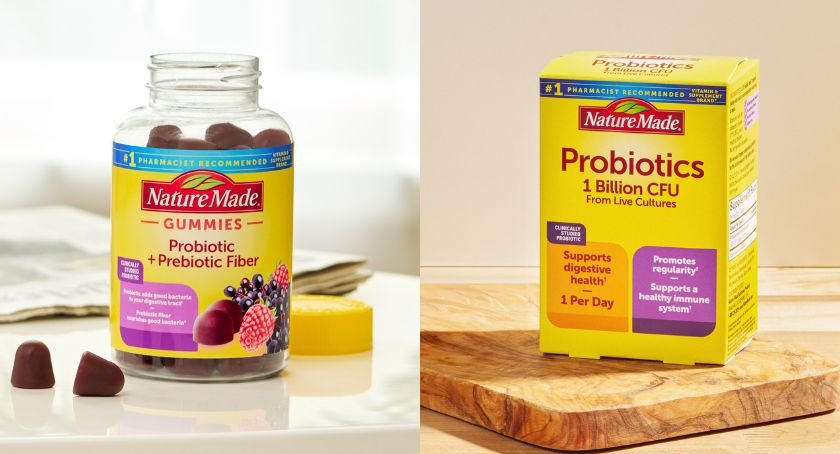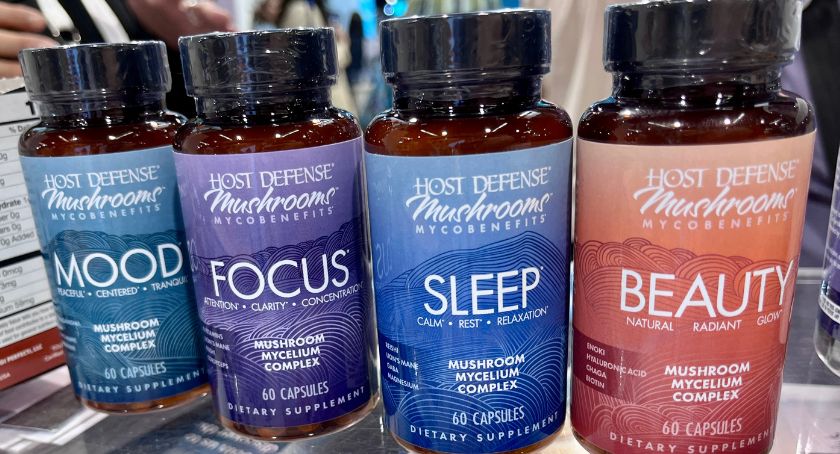Market Updates, Regulations
CRN Files Citizen Petition Regarding FDA’s Objection to NAC Supplements
FDA raised objections to the use of N-acetylcysteine in supplements in Dec. 2020, and since, Amazon has pulled all NAC-containing products from its platform.

By: Mike Montemarano

The Council for Responsible Nutrition (CRN), a trade association representing the dietary supplements industry, submitted a citizen petition to the U.S. Food and Drug Administration (FDA) on June 1 regarding the agency’s objection to the legality of N-acetylcysteine (NAC) in dietary supplements. The petition was sent as a follow-up to a letter CRN submitted to FDA after FDA issued warning letters indicating a sudden policy change in which it takes the position that NAC is not a legal dietary supplement ingredient.
NAC, an amino acid which was first approved by the FDA as a drug in 1963, is a precursor to glutathione, and research posits that it seems to have antioxidant properties which can protect against oxidative stress – as such, NAC has been widely sold for decades in the U.S. as an ingredient in dietary supplements, marketed for these antioxidant properties.
CRN reports that it has been in ongoing discussions since it initially sent a letter to FDA in December 2020, and hopes to reach a resolution swiftly due to the repercussions that NAC supplement manufacturers are facing. One such repercussion was Amazon’s decision to remove supplements from its platform in late April of this year, and other retail platforms have been forced to take sides on the issue given that NAC’s status as a dietary ingredient has suddenly become uncertain.
In the citizen petition, CRN said that FDA, under the current administration, has represented that the agency is considering CRN’s position, but hasn’t given a timeline for when it expects to respond. “While FDA reviews the legality of its policy reversal, NAC supplement manufacturers are experiencing significant negative economic impacts,” Steve Mister, CRN president and CEO, and Megan Olsen, vice president and associate general counsel, said in the letter to FDA. “For decades, manufacturers have safely marketed products containing NAC as dietary supplements in the United States. There are currently hundreds of dietary supplements containing NAC on the market, and thousands of consumers have come to rely on these products as a crucial source of nutrients. The safety of NAC has been widely recognized, including by authoritative government bodies, such as the National Institutes of Health. NAC is also naturally found in foods, like onions and garlic, and it is the precursor to the amino acid l-cysteine, which FDA considers to be generally recognized as safe (GRAS). The safety of NAC dietary supplements is not in dispute.”
FDA’s decision to object to the legality of NAC as a supplement ingredient is preceded by decades in which the agency declined to take enforcement action against the ingredient, which, up until recently, has been successfully marketed as a dietary supplement by both large and small nutrition companies, who have successfully submitted claims notifications to FDA without facing enforcement action. According to CRN, FDA has considered over 100 structure-function claim notifications regarding NAC, and at least one qualified health claim petition for an NAC-containing supplement, and has not objected to the presence of NAC in these products.
Back in the summer of 2020, FDA submitted warning letters to several companies who were marketing products which claimed to cure, treat, or prevent hangovers, which it considered to be an illegal claim. In those letters, specifically to those who had supplements containing NAC, FDA stated that it did not consider NAC to be a legal dietary supplement ingredient, stating that “your product could not be a dietary supplement, because it does not meet the definition of dietary supplement […] FDA has concluded that NAC products are excluded from the dietary supplement definition,” because it was approved as a new drug in 1963 prior to its use in dietary supplements.
CRN: ‘Invalid on Multiple Grounds’
According to Mister and Olsen, FDA’s policy change is “legally invalid on multiple grounds.” They argue that it is not clear from FDA records whether the relevant section of the Food, Drug, & Cosmetic Act applies to NAC, since “unreliable” records indicate that the NAC which has received drug approval was in a different form than that found in dietary supplements.
For this and multiple other reasons, CRN has requested that FDA revert to its longstanding policy of allowing manufacturers to market NAC-containing dietary supplements, and rescind the positions it has taken in warning letters issued to NAC manufacturers.
Furthermore, the handwritten record that NAC was approved as a new drug in 1963 also indicates that the drug form of NAC was for an inhalant. It is sold in this form as Mucomyst, a drug used as an emergency inhaler for acetaminophen poisoning, or as a way to help thin and loosen mucus in the airway due to certain lung diseases.
“An inhaled substance should not be treated as the same article as an orally consumed substance,” Mister and Olsen Wrote. “To do so would go against FDA’s own significant precedent and guidance.” Further, records indicate that no NAC drug was approved for oral use until 2016, well after dietary supplement companies began marketing NAC as a supplement. They state that FDA operates with a “well-established presumption against statutory retroactivity,” meaning that a precedent has been set in which laws do not retroactively enact new drug enforcement for already-existent dietary supplement ingredients which were previously considered legal.
Mike Montemarano has been the Associate Editor of Nutraceuticals World since February 2020. He can be reached at mmontemarano@rodmanmedia.com.




















